Article By: Alexandra Spychalsky, The Long Beach Herald
"Buying insurance is like doing heart surgery, on yourself, blindfolded," attorney John Houghtaling told a crowd of about 300 residents and business owners in the packed Lindell School auditorium last Thursday night.
Houghtaling, a managing partner at the New Orleans law firm Gauthier, Houghtaling & Williams, offered post-Hurricane Sandy advice on how to deal with insurance companies.
He specializes in disaster recovery law, and litigated about 800 cases stemming from Hurricane Katrina. Louisiana's attorney general hired Houghtaling to protect policyholders' rights after that storm, and his firm secured $75 million in insurance settlements for its victims. He now gives talks around the country to those in similar circumstances so they can avoid the problems he saw after Katrina.
In Long Beach, where city officials say that more than 200 homes will likely have to be rebuilt, residents say they are contending with disputes over the amount of coverage for their damaged homes and struggling to decipher the jargon in their policies.
Local attorney and former City Councilman Denis Kelly invited Houghtaling to Long Beach, because, Kelly said, he wanted people to have accurate information when it comes to dealing with their insurance companies. He acknowledged that there is misinformation being spread and that people are confused.
"Our heads are spinning," Kelly said. "It's overwhelming. We're going to have to educate ourselves and fight through this."
Houghtaling's main message was, "Insurance companies are not your friends."
The insurance industry, he said, spends billions of dollars — of policy premium money — to try to convince people that they are on their side. Allstate and State Farm, for example, each spent $700 million in advertising last year, he said. But there is an obvious conflict of interest.
"They're trained to act like your 'good neighbor,'" Houghtaling said of insurance adjusters, referring to the State Farm slogan. But, he added, "That's the guy whose pocket the money is coming out of."
Houghtaling's first tip for homeowners was to get an independent inspection of the damage. Legally, the insurance company's inspection is not the final word, he said, explaining that homeowners can get an independent inspection from a licensed contractor, an engineer, an estimator or a public adjuster.
"Take [the insurance company's] estimate and throw it in the garbage," he said.
According to Houghtaling, New York state has a statute to regulate insurance response, known as the 15/15-day rule. Within 15 days after a policyholder files a claim, the insurance company is required to send an itemization of everything the policyholder must do for the company to assess the claim. Once the company receives those materials, it must respond within 15 days — saying yes or no to the amount of damages the policyholder is claiming, or countering with a lower offer.
This explanation was met with laughter, with many people saying that they have been waiting weeks for insurance companies to respond to their claims.
"The way they play the game is they delay, they deny and defend," Houghtaling said. "They will tell you you're excluded or lowball your payment, and the hope is that they wait you out enough that the federal government will come and pay the amount and bail you out."
He also said that it is important to document the chronology of the damage. There are two categories of storm damage, wind and flood, and, he said, insurance adjusters will try to categorize as much as they can as flood damage, because that isn't their responsibility, but rather is covered by the Federal Flood Insurance Program, which is administered by the Federal Emergency Management Agency.
In most hurricanes, wind comes before flooding, but Sandy was unique in that there wasn't much time between the two, Houghtaling said. That can make it more difficult to determine what caused what damage. But for people who remained in their homes during the storm, an eyewitness account in court trumps an adjuster's best guess, he said.
After the presentation, Houghtaling and Jeff Major, one of the nation's leading forensic building estimators and a claims consultant, answered questions from the audience. The line for the podium stretched to the back of the room, and the two took questions for over an hour.
One woman drew big laughs with her story about her insurance follies. First she explained that she has a flood insurance policy stating that she has coverage on contents in her "basement and above." "When I presented that to the [agent], he said, 'Well, that's just an error. We'd never give you contents in the basement,'" she said.
As if that wasn't enough, when her adjuster was assessing the wind damage to her three-story home, she pointed out sea foam on the roof. The adjuster said that it was due to flooding. "I said, 'Excuse me, but it's not on record that the water was that high,'" she recounted. "'That's got to be from wind.'"
Other residents said that insurance companies said they would not cover things such as the damage caused by sewage-tinged floodwater. They said they hoped Houghtaling's advice would help them in their insurance battles. "There is so much information that's out there, and forums like these are needed," said resident and local real estate agent Joe Sinnona.
Some said that the information would have been helpful months ago. "This was the most help out of all of the meetings and City Council meetings I've been too," said Long Beach resident Laura DeVito. "I wish they would've done this before."

